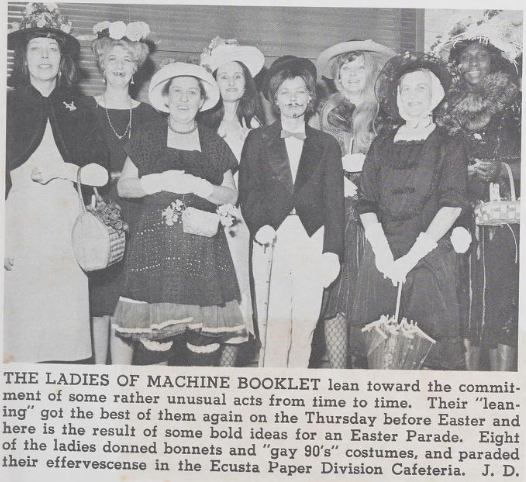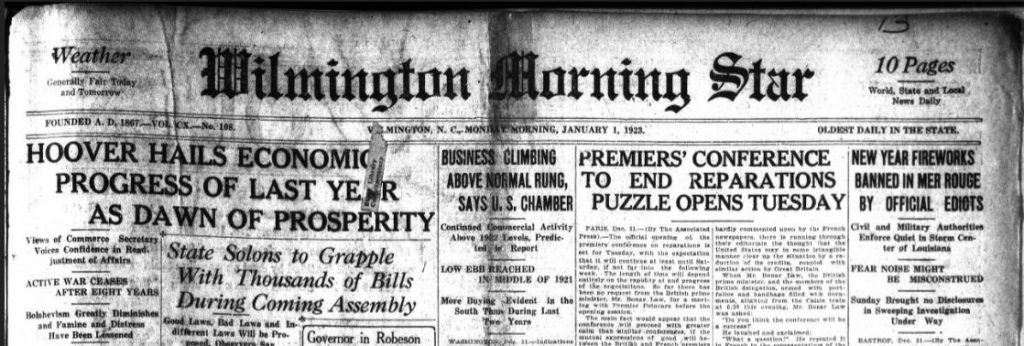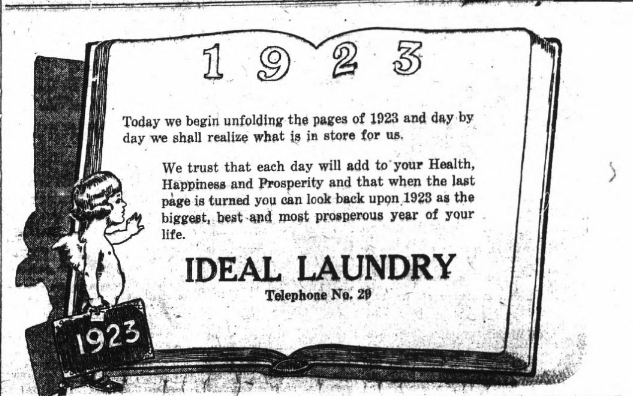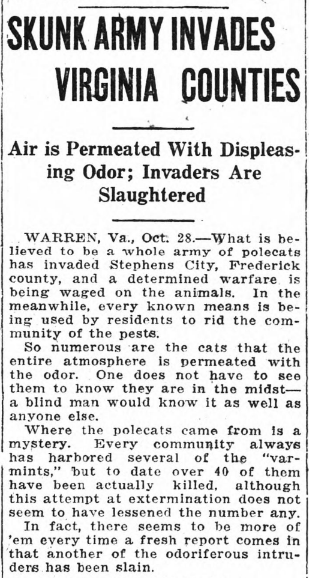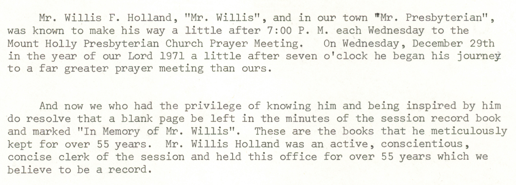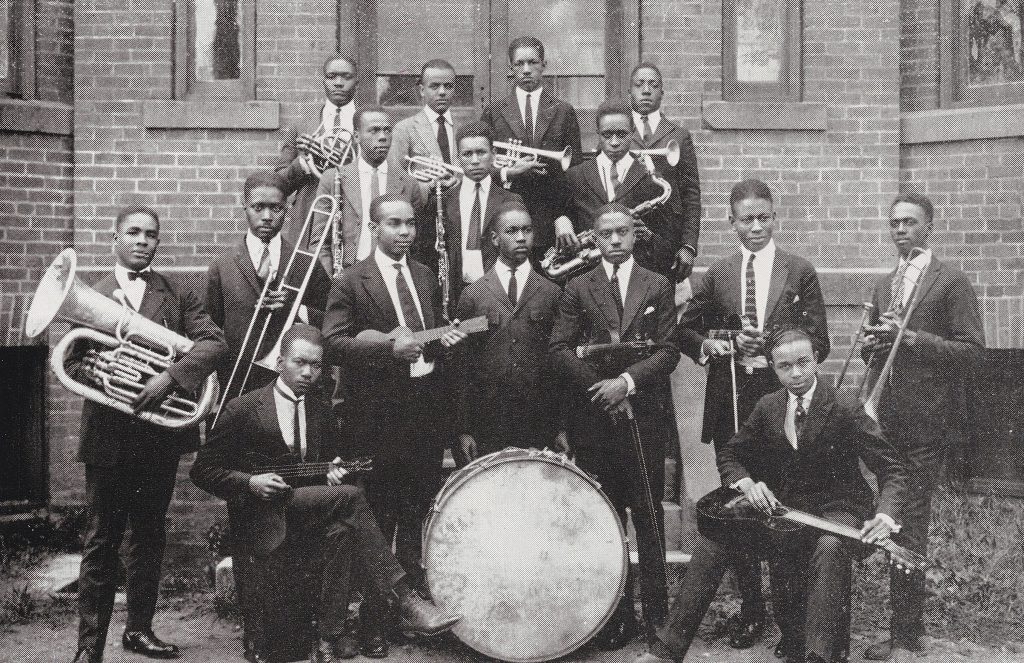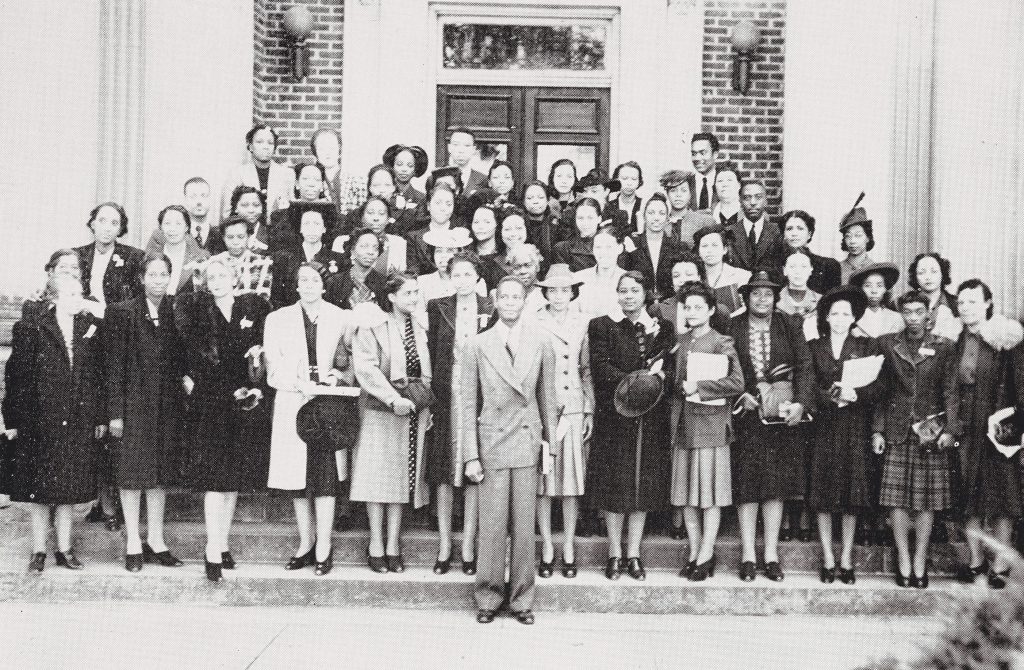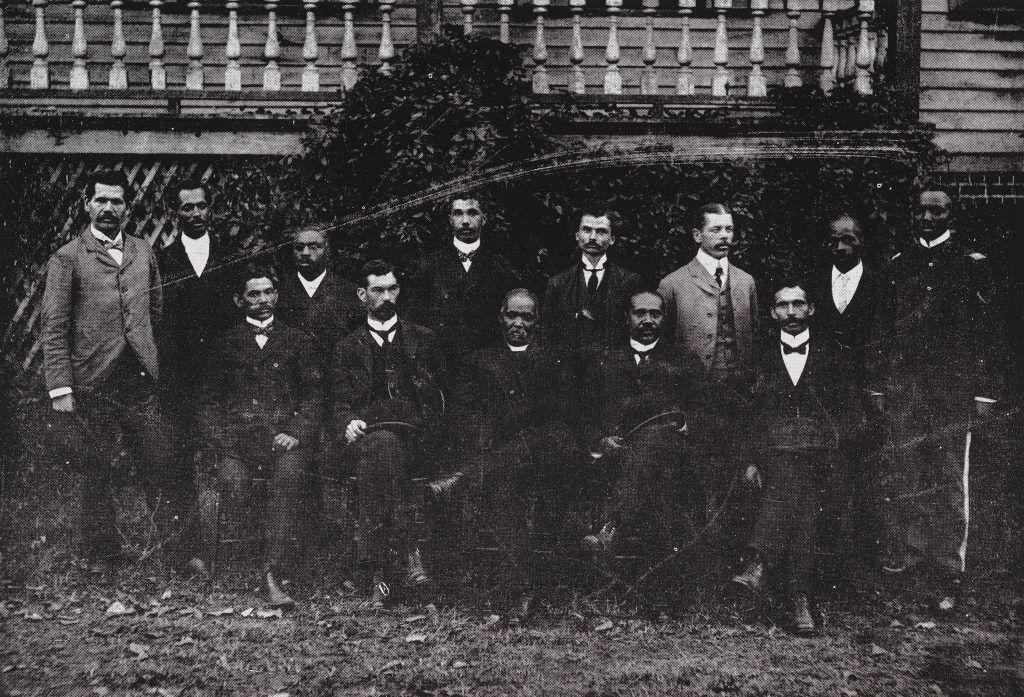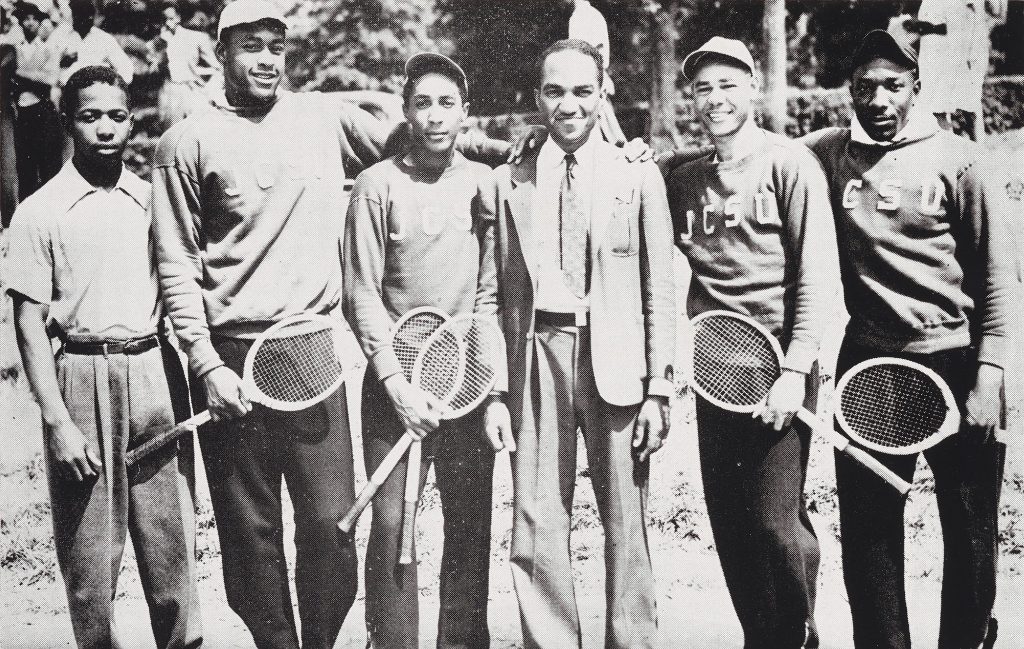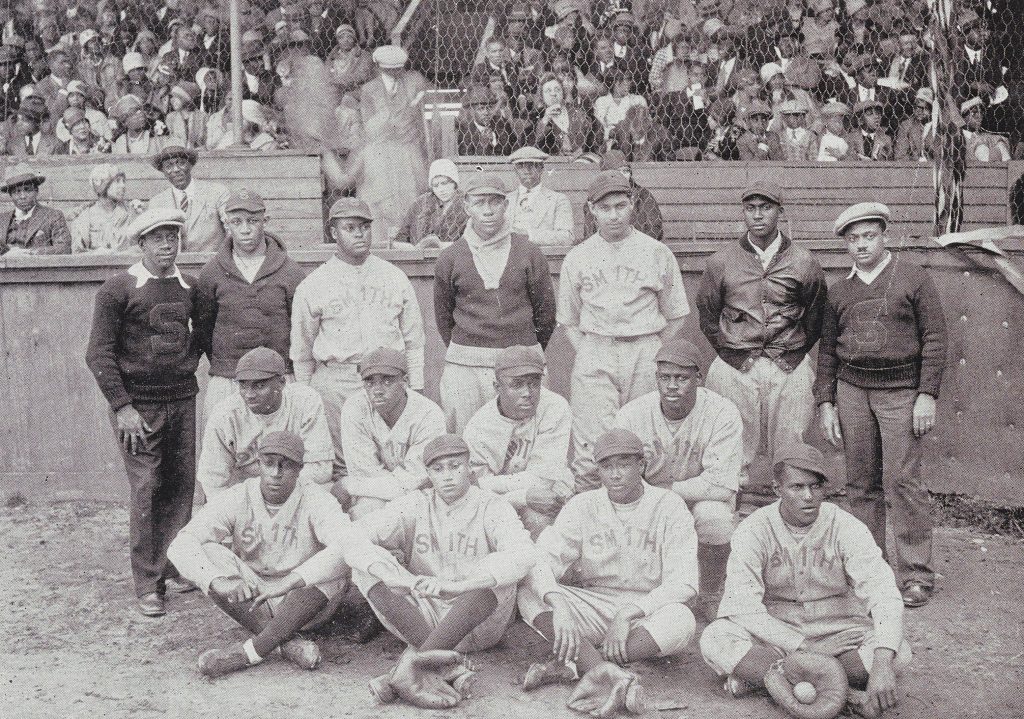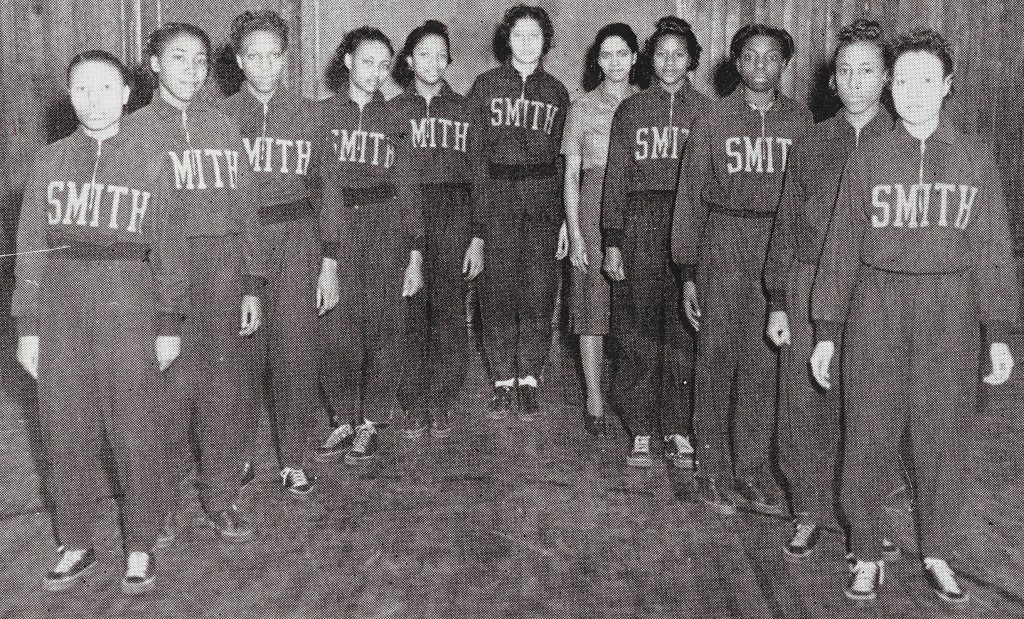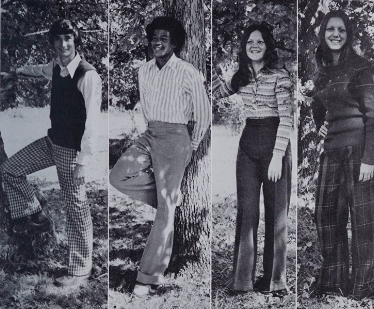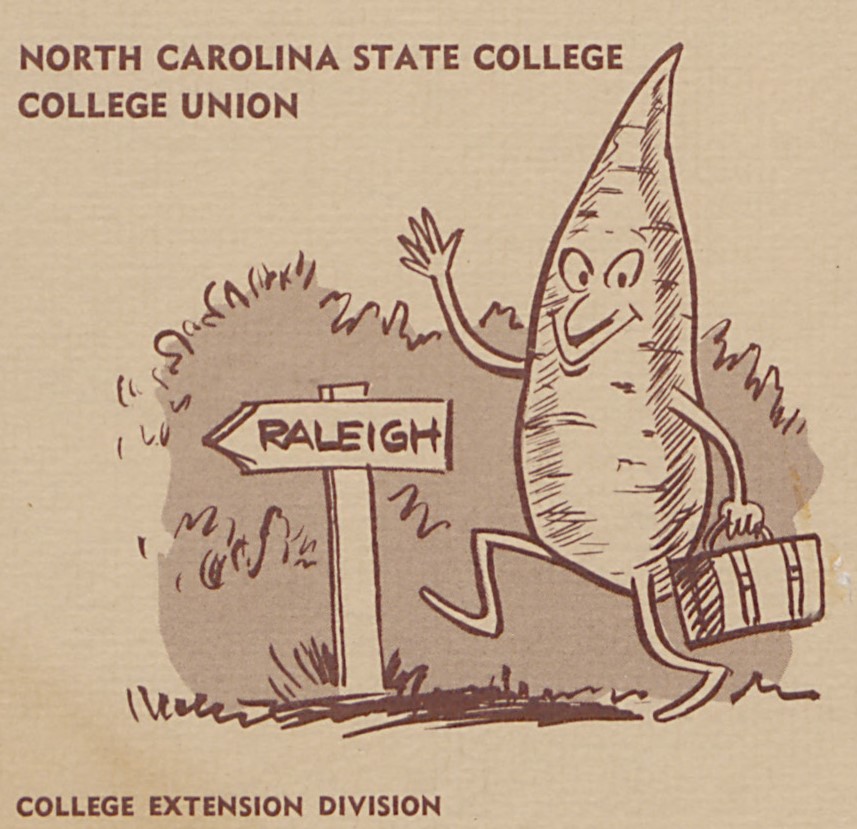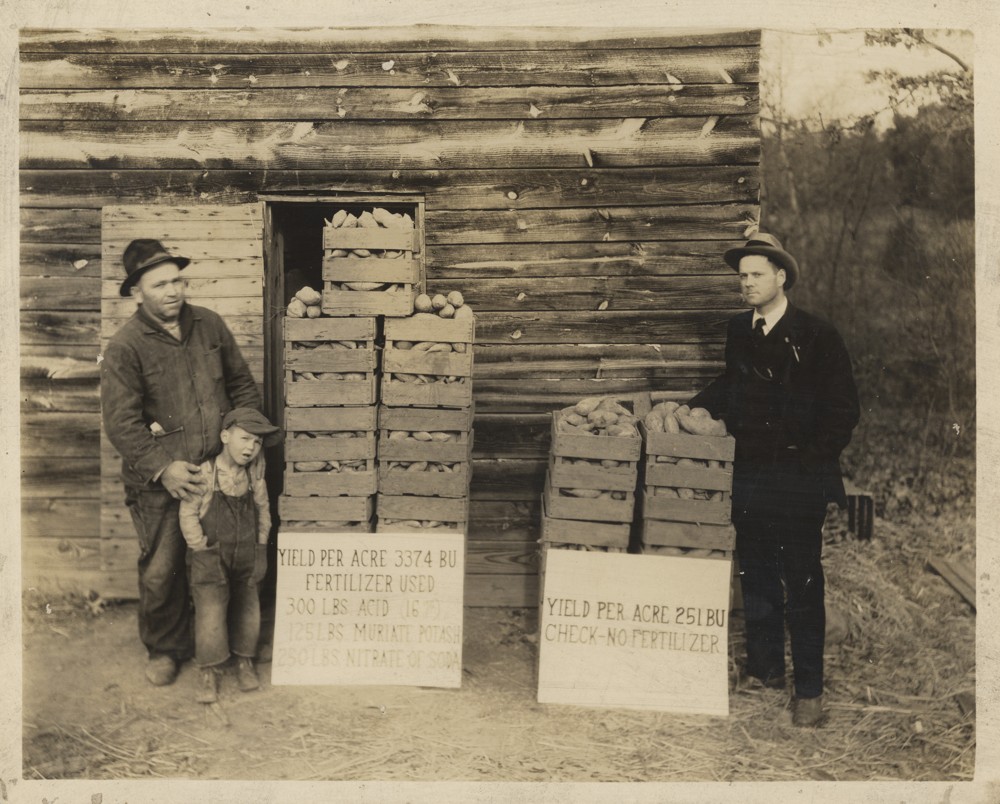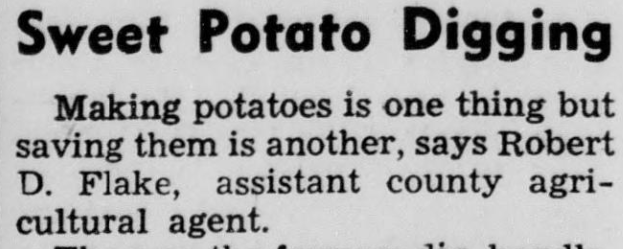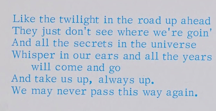Thanks to our partner, Durham County Library, batches containing maps related to Durham Urban Renewal projects and several new years of Festival for the Eno posters are now available to view on DigitalNC.
Durham Urban Renewal
In 1958, the Durham Redevelopment Commission was established with the goal to eliminate “urban blight” and improving the city’s infrastructure to accommodate the increased usage of personal motor vehicles. In 1961, work began on the Durham Urban Renewal projects which targeted seven areas in the city. Six of these seven areas were in Durham’s Black neighborhoods such as Hayti and Cleveland-Holloway, and affected nearly 12% of the city’s population. Originally slated to last for 10 years the project dragged on for nearly 15, and was ultimately never finished. By its end, the Durham Urban Renewal projects decimated several of Durham’s Black neighborhoods—razing over 4,000 households and 500 businesses.
Fourteen years ago, in 2010, we digitized over 1,500 materials from Durham County Library’s Urban Renewal Records. This initial batch, which was revisited in 2019 by staff to improve its accessibility, included photographs and appraisals for properties slated for demolition during the project, studies, reports, brochures, and clippings spanning nearly 20 years. Our latest batch of materials from Durham County Library expands the exhibit to include maps from the following Durham Urban Renewal projects: Proposed Redevelopment of Project NCR 54, Crest Street Redevelopment Area, Hayti-Elizabeth Street Renewal Area, Hayti-Elizabeth Street Redevelopment Area, and the North Carolina College Project.
Festival for the Eno



For over 40 years, the Eno River Association has been organizing the Festival for the Eno. The festival is dedicated to the preservation and presentation of North Carolina’s rich and varied cultures while also offering hands-on learning opportunities. When not attending one of the many stage performances, attendees can engage in activities such as wheel throwing, watching a grist mill grinding corn, weaving, urban farming, and even jam sessions.
This section features only four posters, but we have over 70 beautiful Festival for the Eno posters available for viewing on our website here. If you find yourself wishing you could listen to the performances listed on these posters, you can access recordings of Festival performances all the way back to 1984 through the Southern Folklife Collection at the University of North Carolina at Chapel Hill.
To learn more about Durham County Library, visit their website.
To view more materials related to Urban Renewal in Durham, view our Durham Urban Renewal Records exhibit linked here.
To browse more materials from Durham County Library, visit their contributor page here.
To browse materials in the Association for the Preservation of the Eno River Valley Collection housed at UNC, view the finding aid here.
Information in this post was gathered from Alyssa Putt’s “Durham Urban Renewal Records Have Been Renewed” DigitalNC blog post from 2019 and the Festival for the Eno website.



